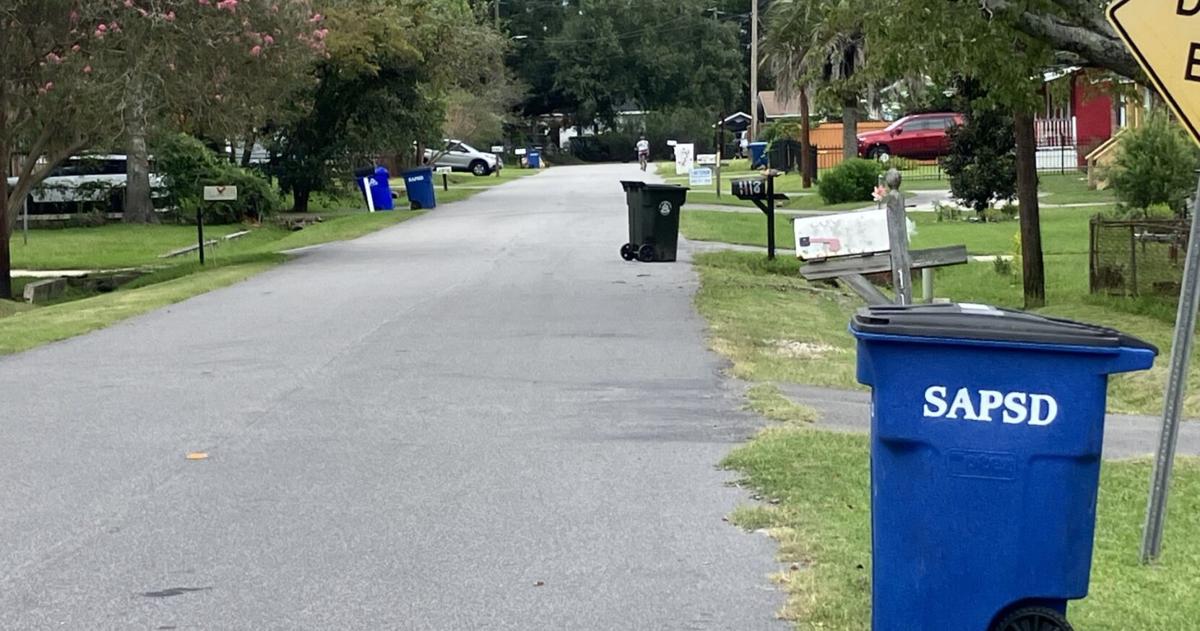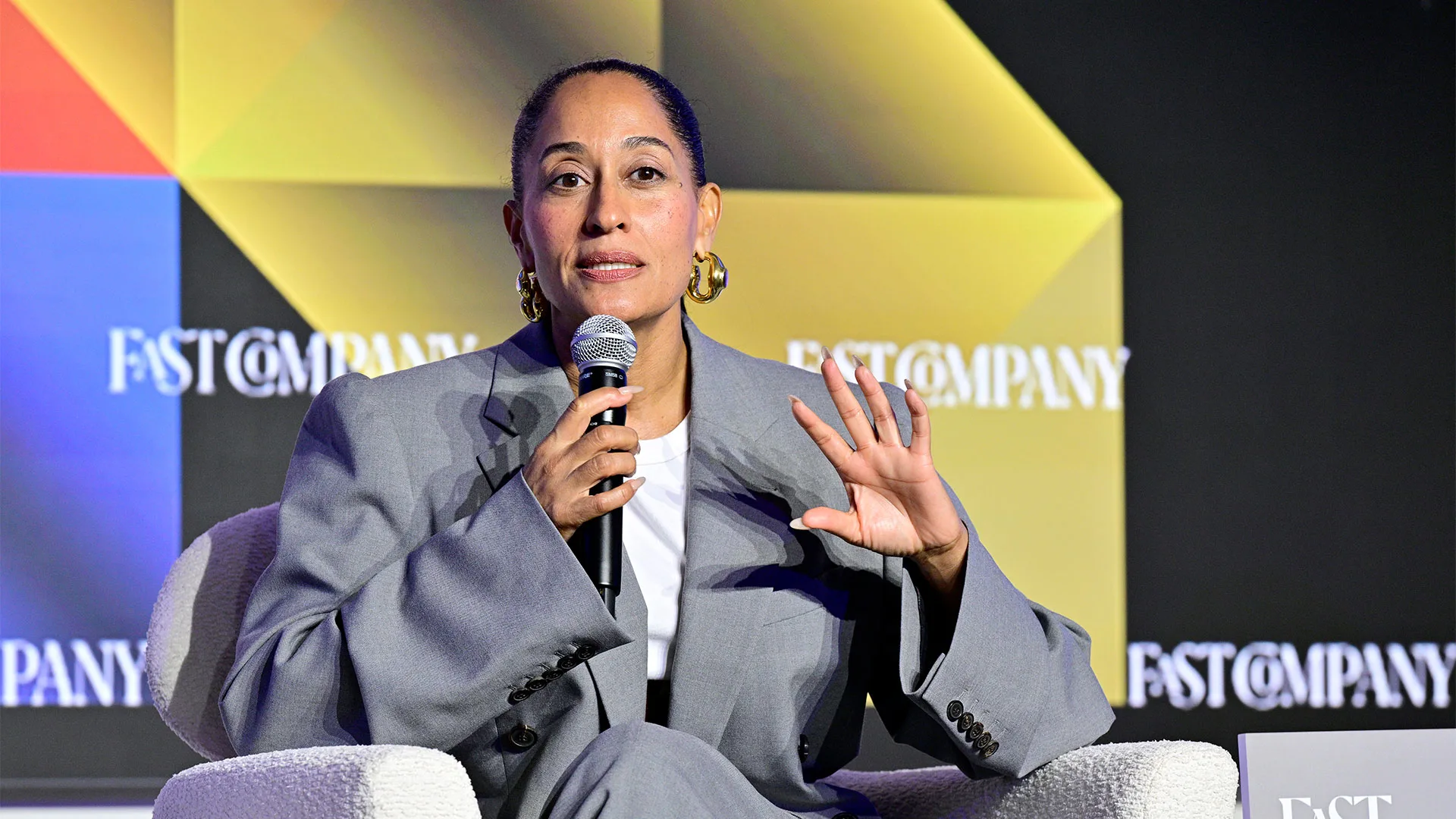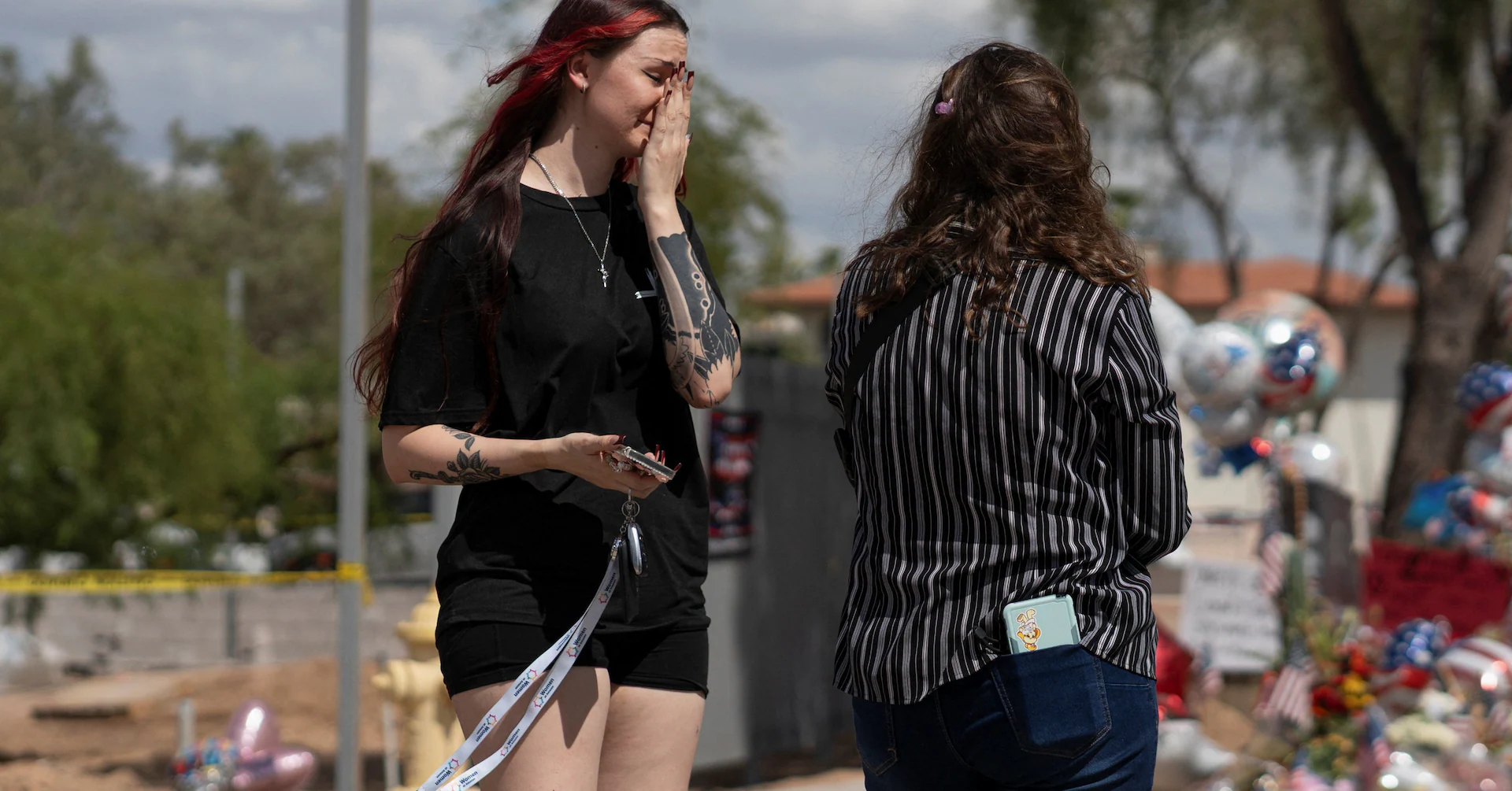
Sometimes it feels like you need an advanced degree to decode garbage pickup schedules in West Ashley.
If you live in, say, Oakland, your trash gets picked up on Monday. Unless it’s Labor Day, or some other Monday holiday, in which case they get to you on Tuesday.
But, unlike the city sanitation department, the contractor who handles most of “outer” West Ashley doesn’t observe all holidays, such as Columbus and MLK days.
So, residents mostly look to their neighbors. Which doesn’t help when the woman next door gets her trash picked up on Wednesday. Because she’s not a resident of the city, but the “public service district.”
This is one of those reasons people don’t much like the government.
It’s kind of hilarious: South Carolina is famously home to a lot of folks who proclaim they want less government in their lives. Then they go and breed them like rabbits.
Charleston County has 450,000 residents and 16 municipalities, a county government, a water district … and three public service districts.
Now, the islands have their own issues, so it makes sense for them to self-govern. Same with the big three: Charleston, North Charleston and Mount Pleasant.
But the rest of this makes for some interesting jurisdictional jiu-jitsu.
Take James Island. Four separate governments control pieces of the island, and most people are residents of at least three of them.
See, for decades James Islanders fought annexation into Charleston, because taxes … and politics. So they established their own town, but didn’t give it much to do (kind of the point of a municipality) because, well, they didn’t want to pay taxes — and already got garbage and fire service from the James Island Public Service District.
Now thousands of James Islanders a) are residents of the town of James Island, b) rely on the Charleston County Sheriff’s Office for police protection, c) have the town to clean out their ditches and d) have a PSD to collect their trash.
Unsurprisingly, they pay more in property taxes than Charleston residents.
This is relevant because Charleston’s in a bit of a spat with the St. Andrews Public Service District, which provides garbage pickup, fire protection and some recreational facilities to people in random, unincorporated areas of Charleston’s biggest borough.
The PSDs were created post-World War II by state legislators who then ran the counties and needed to meet the demands of suburbs growing faster than municipal boundaries.
Which those same legislators caused … but that’s another column.
For decades, there’s been tension between cities and these PSDs, particularly in Charleston. It’s hard to plan for your largest area when it’s filled with donut holes of unincorporated areas.
For years, PSD residents resisted joining the city, partly because of politics, but mostly because PSD taxes were cheaper. But economies of scale — and sales tax, aid to subdivision money, etc. — have flipped the script. Now the city’s cheaper. So the PSDs are dying.
As The Post and Courier’s Ali Rockett reports, PSD residents are paying almost half again what city residents pay in municipal property taxes. Which makes you wonder how much longer all this can go on.
The disagreement between the city and the PSD has to do (again) with legislative meddling. The city, when it takes in a PSD customer, has to pay the PSD that home’s property taxes for seven years. And, the city says it inadvertently overpaid because … bureaucracy.
An audit will likely find the city should recoup some money St. Andrews probably really needs to keep garbage trucks, and firetrucks, rolling.
The good folks at St. Andrews PSD are doing the best they can and just built, with the county’s help, a new fire station for Church Creek. But circumstances are no longer on the PSD’s side.
They also, incidentally, get little voter oversight. A while back, a PSD board member won a seat in a nail-biter against Mickey Mouse and Jimmy Buffett … who each got one vote.
The Legislature, which likes to complicate things, makes it difficult for the city to simply absorb the PSD. And some folks just like their service, and not being part of the big city. It’s a fairly expensive illusion.
You have to think the disparity in property taxes, the marketplace and some good annexation lawyers will soon make the decision for them.
Or maybe not. South Carolina doesn’t like to acknowledge mistakes, or abolish elective offices. State lawmakers will argue small government, even an entire litter of them, is best. So maybe folks will keep paying more than their neighbors for city services.
And the Palmetto State could change its nickname to the Nanny State.



